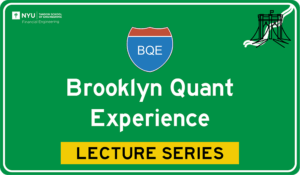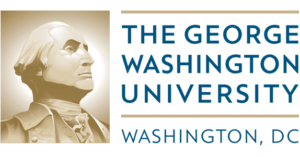
The Department of Finance and Risk Engineering welcomes David Shimko, NYU Tandon, Industry Full Professor, to the BQE Lecture Series on Thursday, November 12, 2020, at 6 p.m. on Zoom.
Meeting ID: 993 5500 0941
Password: BQEDS
Title
A Theory of Equivalent Expectations Measures for Expected Prices of Contingent Claims
Abstract
Reframing modern portfolio theory with Gaussian cash flows rather than percentage returns, the CFPM (cash flow portfolio model) sets a structural foundation for valuing both traditional capital assets and derivatives. Asset prices are shown to be decreasing functions of both cash flow covariances and variances. The usual single-period CAPM formulas follow, but the expected returns are determined endogenously. All risk is implicitly priced in expected returns, leading to reinterpreted rules for portfolio selection and capital budgeting. Derivatives obey the same total covariance-based pricing relationships as cash flows, except that they exist in zero net supply. After applying a regularity condition, the Bachelier option pricing model obtains in a discrete-time setting without continuous trading. The closed-form CFPM extends to multiple periods. The multiperiod CFPM generalizes risk-neutral pricing to discrete multi-period contingent claim models, such as valuing the capital structure of a firm and CDOs.
Bio
Professor Shimko joined FRE in 2017 following a 30+ year career in investment banking and consulting. After beginning his career as an Assistant Professor at USC, he left to become a Vice President at JPMorgan, and a Principal at Bankers Trust. He co-founded Risk Capital, a successful independent risk management consulting firm, which was sold in 2006. Since that time, he has combined private consulting with entrepreneurial ventures in asset management and credit. His current research focuses on advanced valuation techniques, such as the application of derivative pricing technology to corporate assets, liabilities, and decisions.


